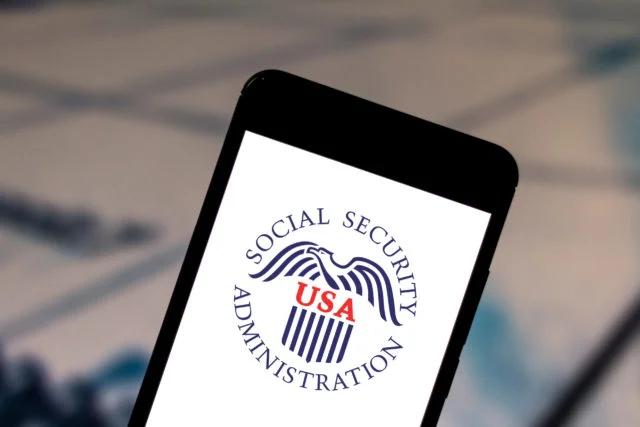Tag: unemployment insurance

Jennifer Lee wanted to work until 70 to max out her monthly Social Security checks – at least that was the plan before she was laid off three years ago from a Washington D.C. church. The church’s newly hired pastor “decided he wanted a whole new staff,” she said. “I felt to a degree …

The majority of Americans who have health insurance – some 150 million workers – get their coverage through their employers. But this network has suddenly developed a big hole in the midst of a pandemic. The economic shutdown that is suppressing the coronavirus has thrown nearly 30 million people out of work – and taken…





